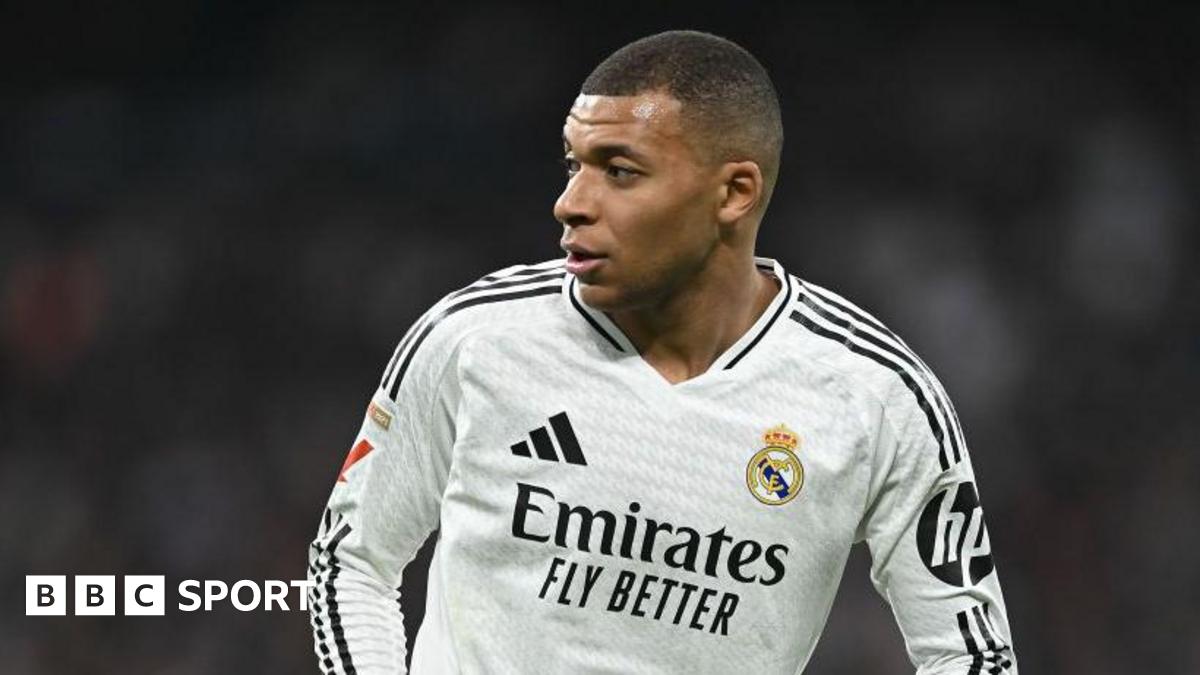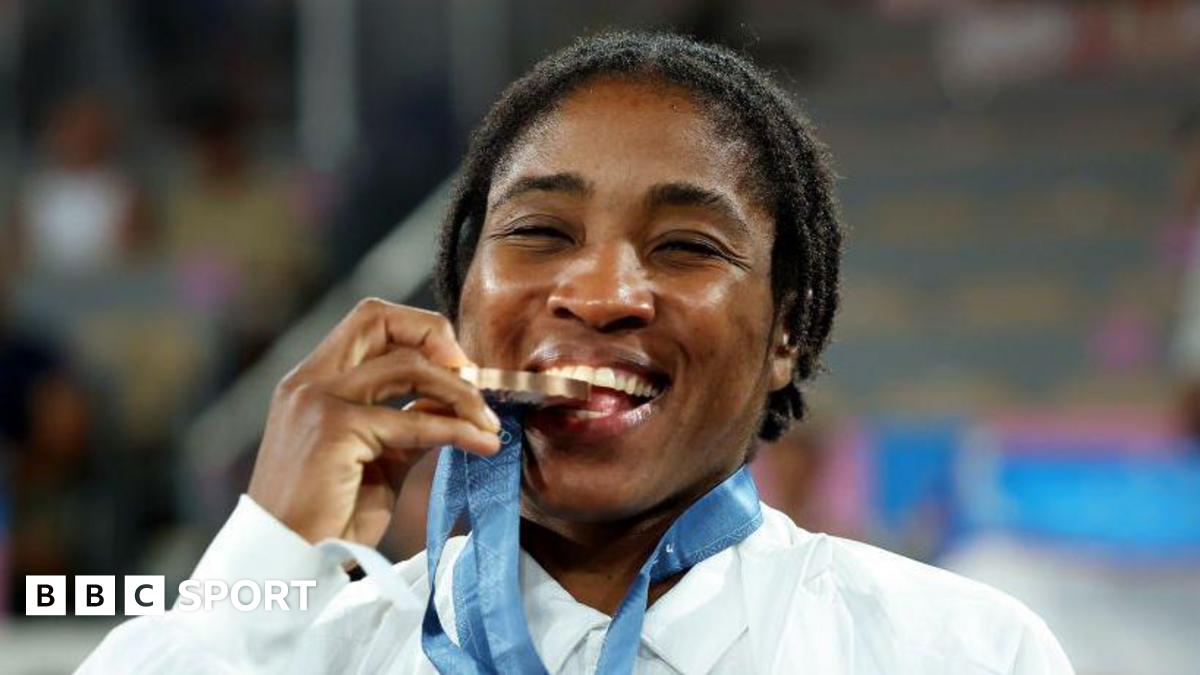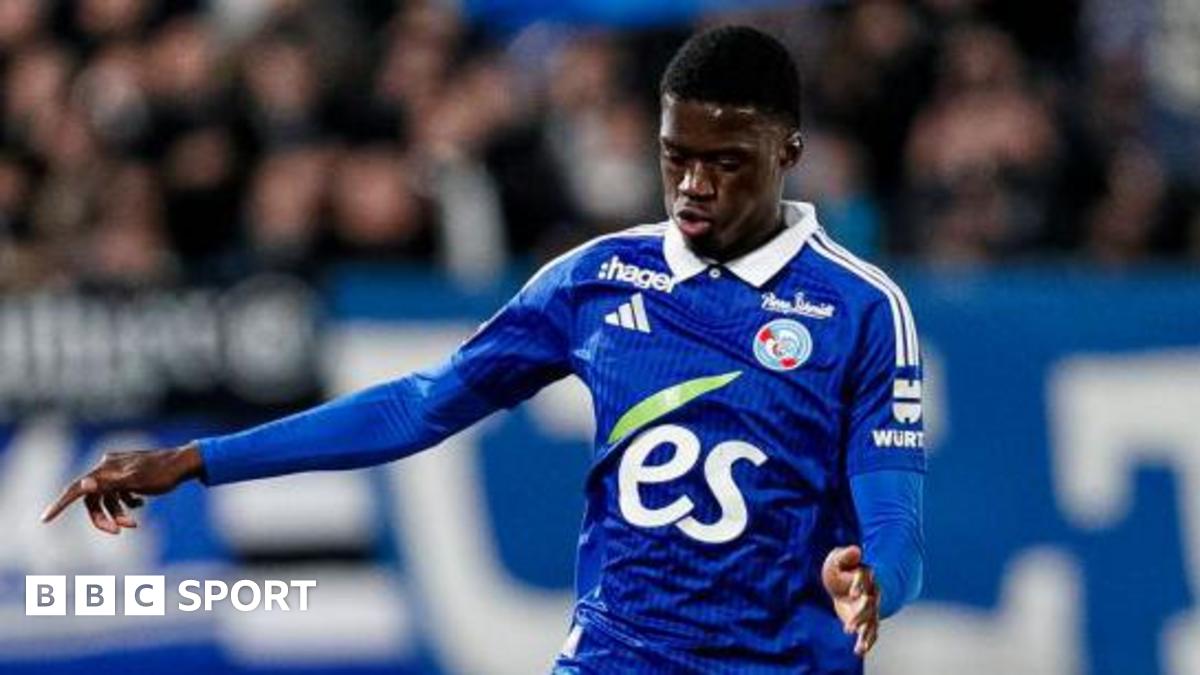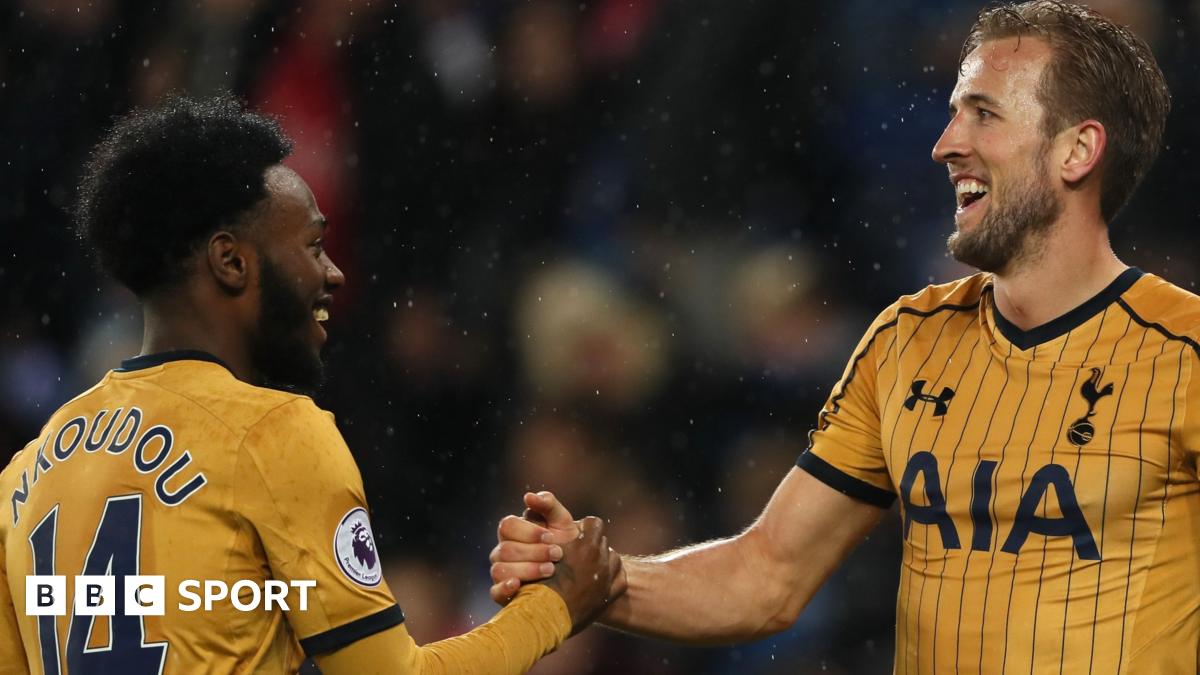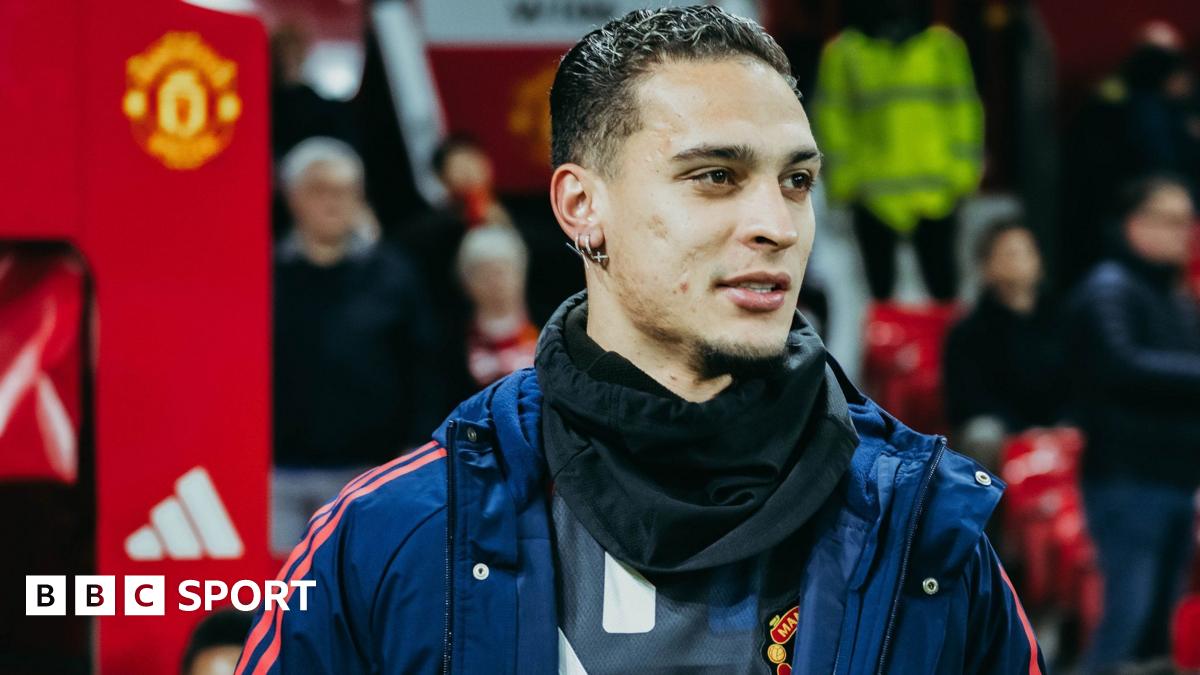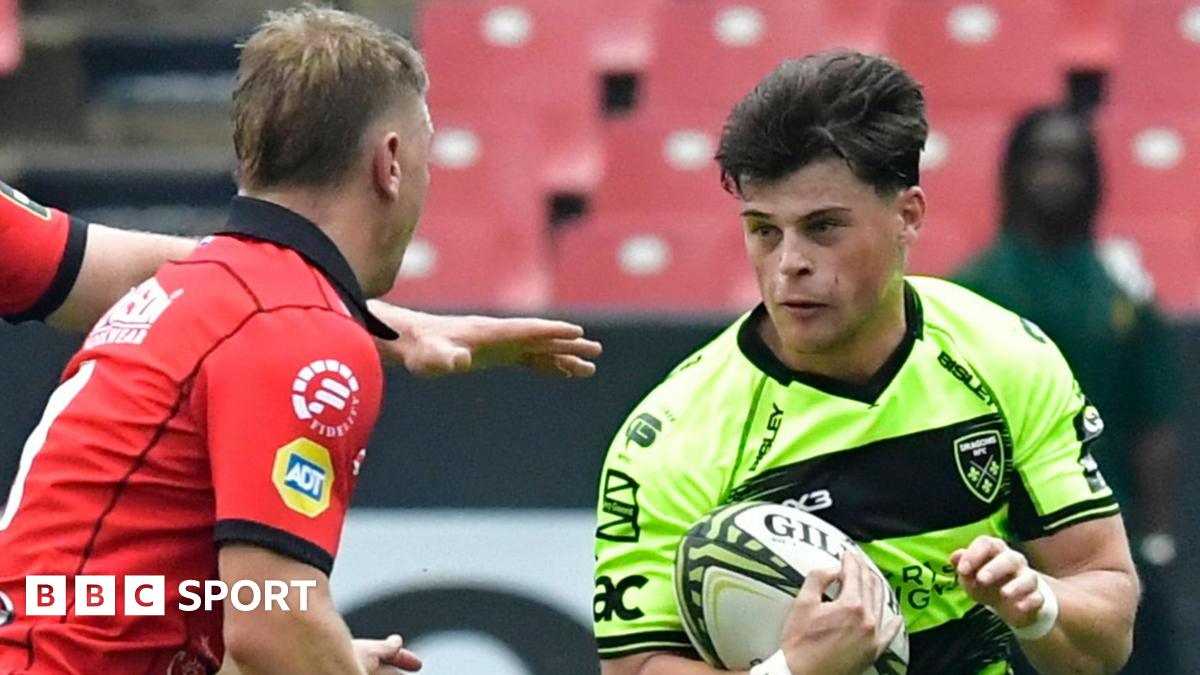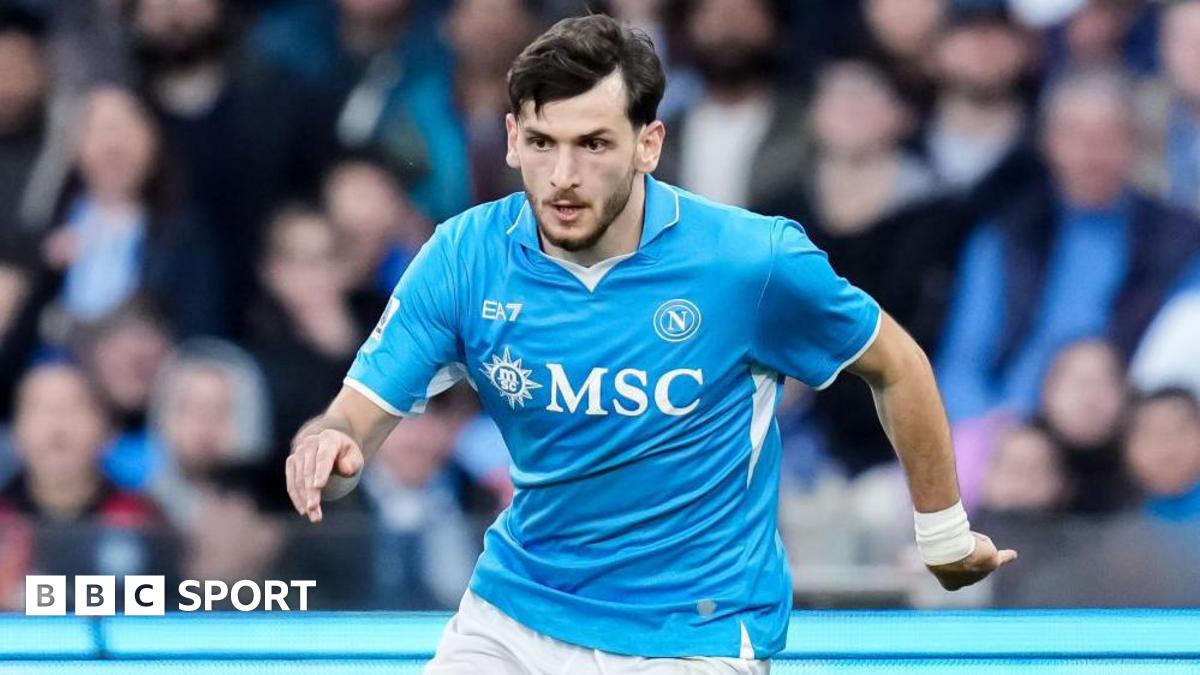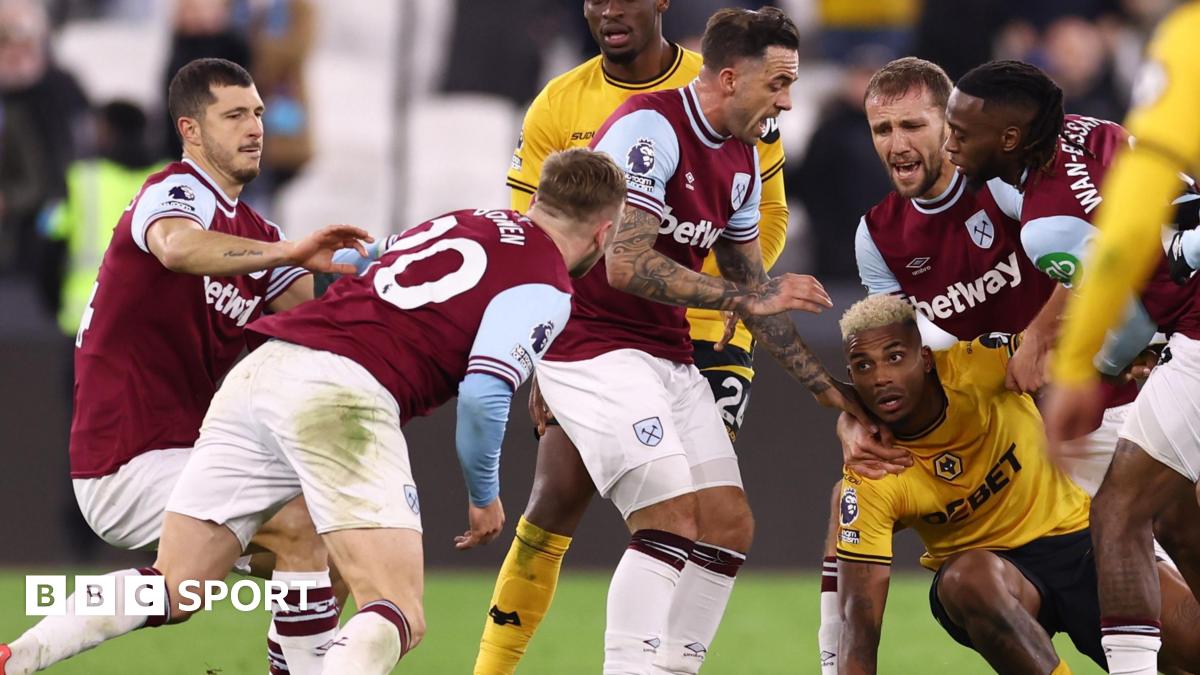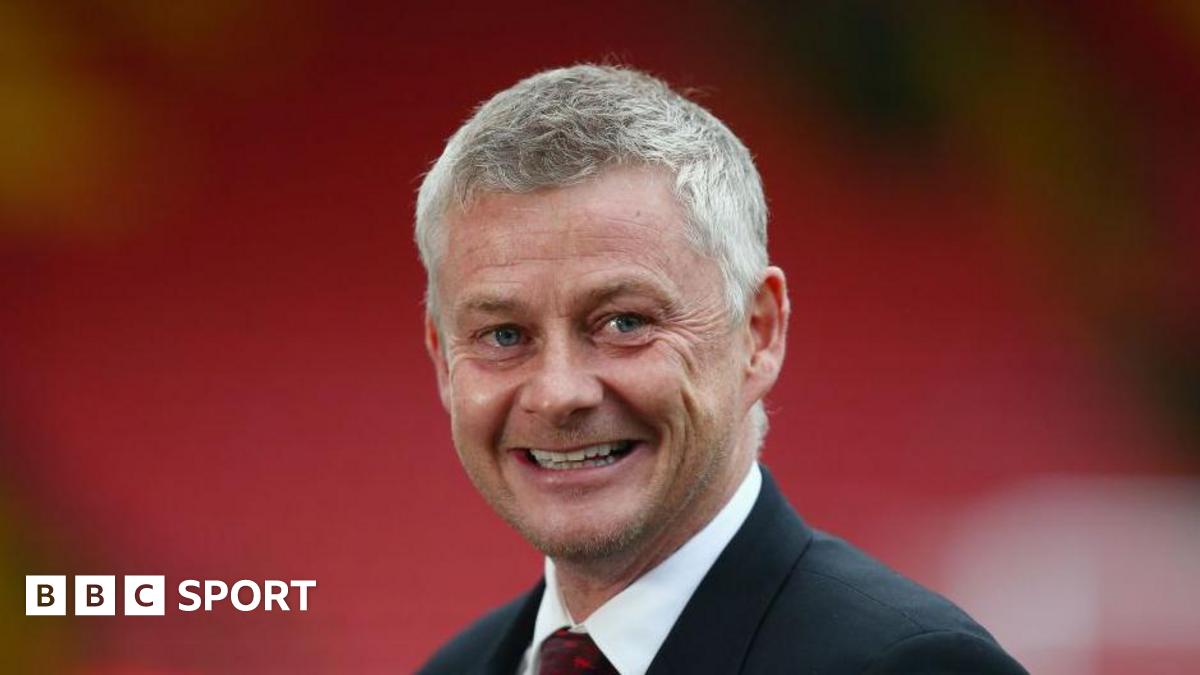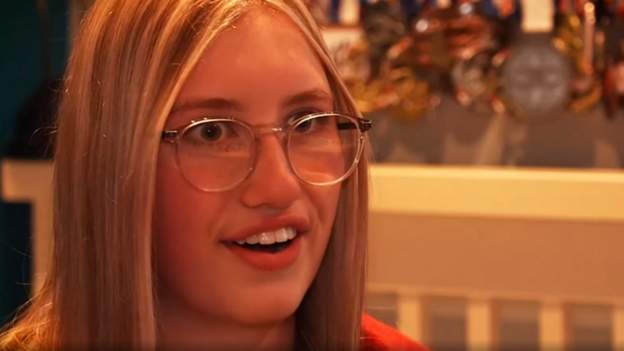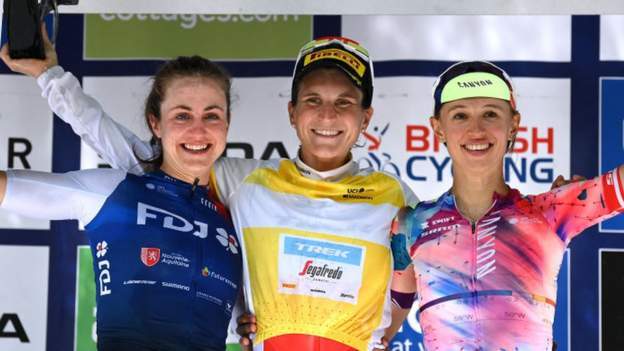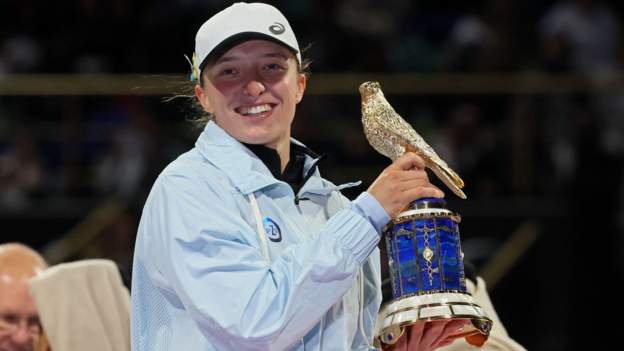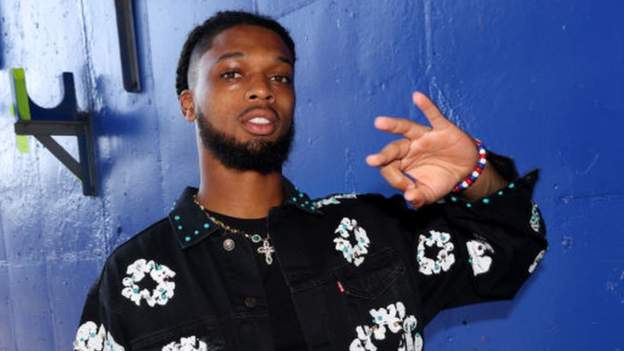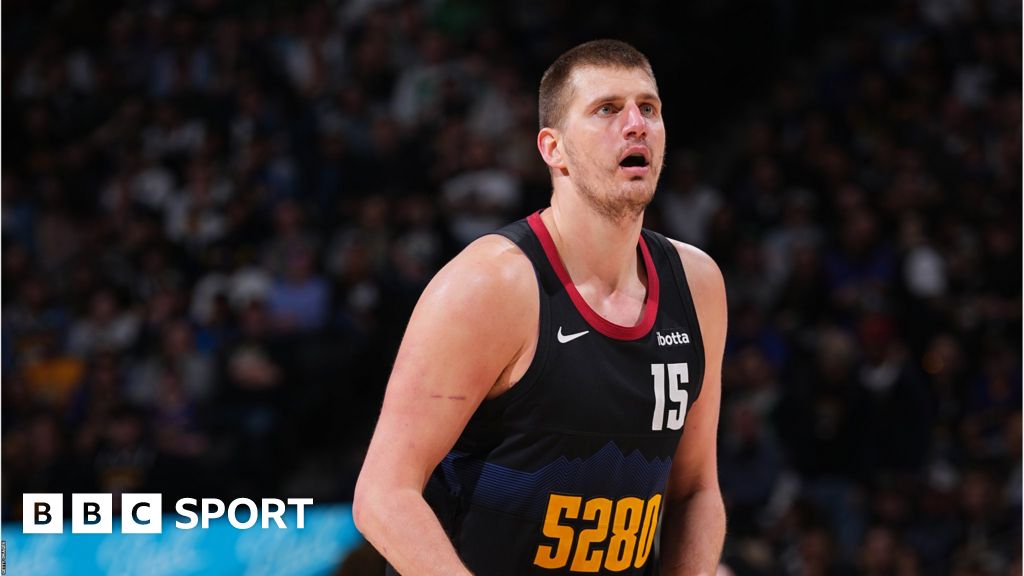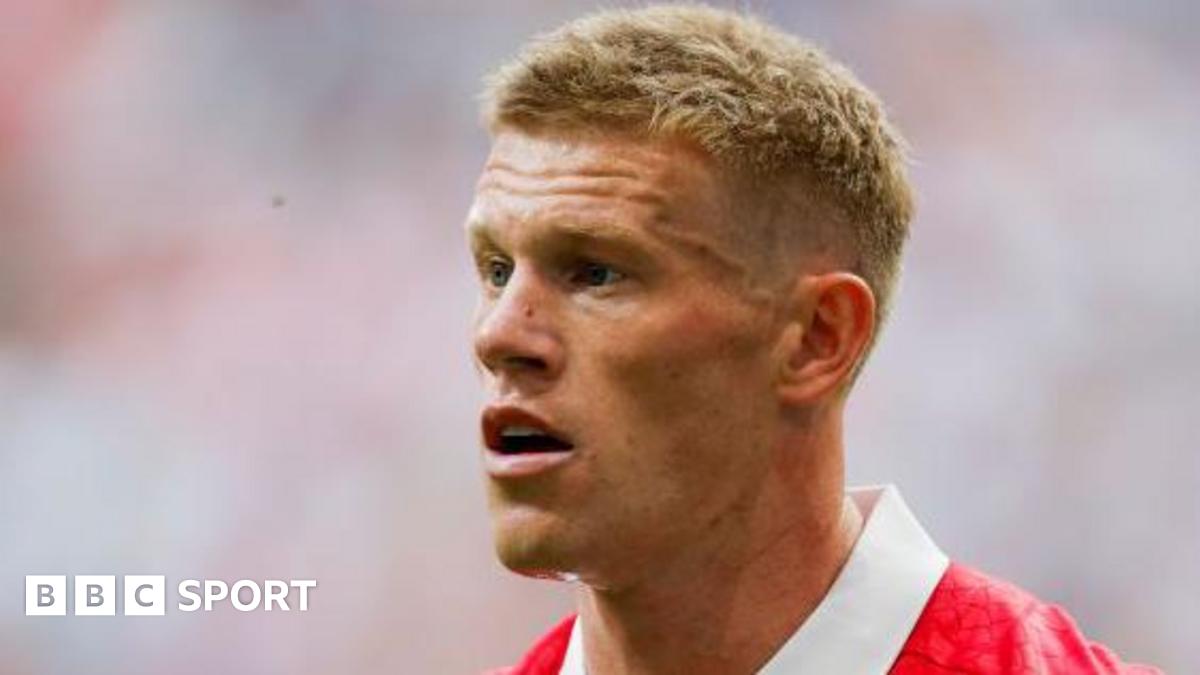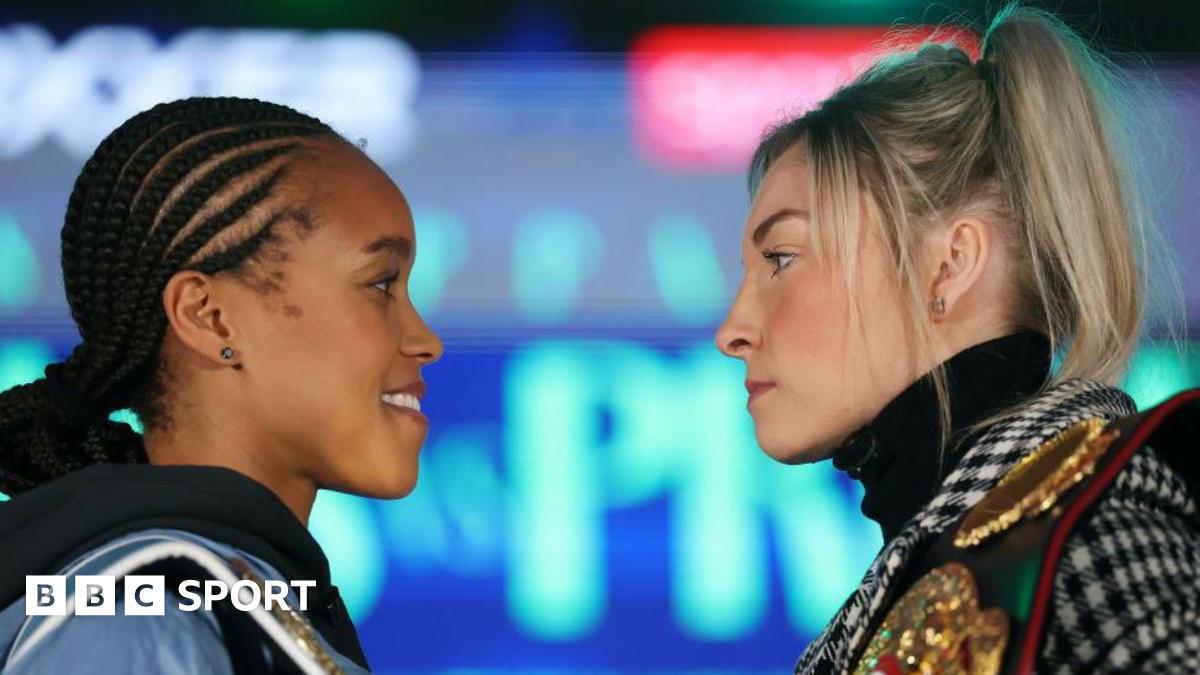A seemingly unremarkable trip to the swimming pool as a five-year-old took on life-changing significance for Taylor MacKenzie and her family.
The Scot, now 15, has autism and an intellectual disability. And she was largely non-verbal until a day that dad Richard and mum Lisa still marvel at.
“She got out of the water and then she said: ‘Tickle toes touching water!’ Richard recalls. “We looked at each other and asked, ‘What did she say?’ It was the first time we’d actually heard her speak.”
McKenzie’s talent and passion for swimming quickly grew. “When she started achieving at swimming galas, I think she realised she could do something well and be like any other person in the pool,” says Lisa.
The journey that started a decade ago in her local pool reaches Berlin in June for the Special Olympics World Games, which start in 100 days’ time – running from 17-25 June.
McKenzie, from Dundee, is the youngest person to be selected for Great Britain’s team at the huge multi-sport event comprising 7000 competitors from 190 countries.
The British team is expected to feature more than 80 athletes competing in 16 sports.
“I was shocked when I found out,” says McKenzie. “I had no words. It was amazing. I didn’t think I would be accepted because of my age but to represent team GB, it’s such a great opportunity and I’m very grateful to be part of it.”
McKenzie’s disability means she faces challenges in aspects of life that many of us take for granted. Following and remembering instructions, maintaining attention, are difficult. So swimming is far more than a hobby.
“I think swimming has impacted my life in a major way,” she says. “I struggle in school quite a bit.
“So I’d say swimming kind of blurs all that out. And it’s just a better thing to focus on, it gives me something to express my feelings and how I am. It’s a part of me now.
“I train five times a week, two hours every session. It’s school, then I come home for my tea for half an hour, and then straight to swimming. By the time I get home, it’s time to sleep. And I repeat that.”
Taylor will be following that rigorous routine as she prepares for Berlin at Monifieth swimming club, a few miles east of Dundee, alongside mainstream swimmers under head coach Kirsty Thompson.
This is where the key Special Olympics philosophy of inclusion is applied in every session.
“It’s just giving Taylor smaller instructions, the key points I want her to really focus on,” Thompson says. “But what works for Taylor, when we’re adapting it that way, works really well for the others as well.
“Being inclusive absolutely is possible, as long as you keep that communication and think about the way you’re doing things.
“Taylor’s thriving but it’s not only bringing her on. You can see everybody is happy for Taylor and they’re wanting to achieve those kinds of things for themselves as well. So, it’s amazing.”
From training with bungee rope to ‘back with a bang’
McKenzie’s parents provide dedicated support, even devising ingenious methods to keep her training during the Covid-19 pandemic when pools were closed.
They bought a deep paddling pool for the patio and, by attaching her to a fence with a piece of bungee rope, Taylor could swim with resistance for hours.
Covid disruption proved particularly challenging for people with an intellectual disability. That’s why this summer’s Special Olympics World Games marks a joyous return to action.
“We’ve gone through two years of pandemic which has prevented our participants and our athletes taking part in any type of sport,” says Laura Baxter, strategic director of Special Olympics GB.
“We’ve not been able to have a national Summer Games. So, for the last few years, we’ve had no competitions.”
Baxter oversees the provision of sport for people with intellectual disabilities.
Facilities have often been slow to reopen for her competitors, who are among the most vulnerable to Covid and, therefore, concerned about returning to public spaces. It’s all contributed to a deep sense of isolation.
“For our athletes the pandemic has created a lot of challenges,” Baxter adds. “They’ve lost their structure, their social connection, their sport, and that sense of being and belonging.
“So being able to have the World Games come back with a bang is so significant for us in the movement.”

